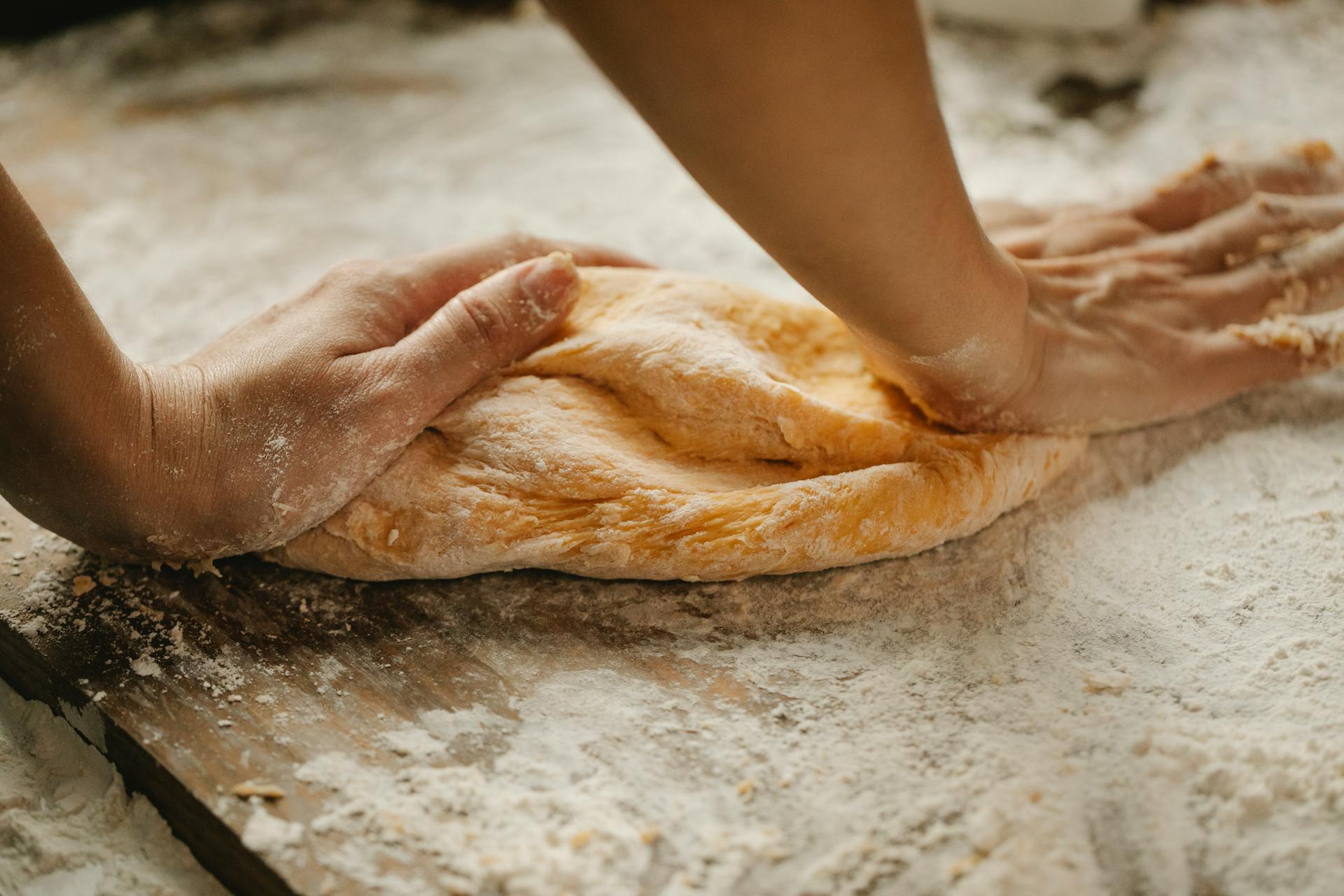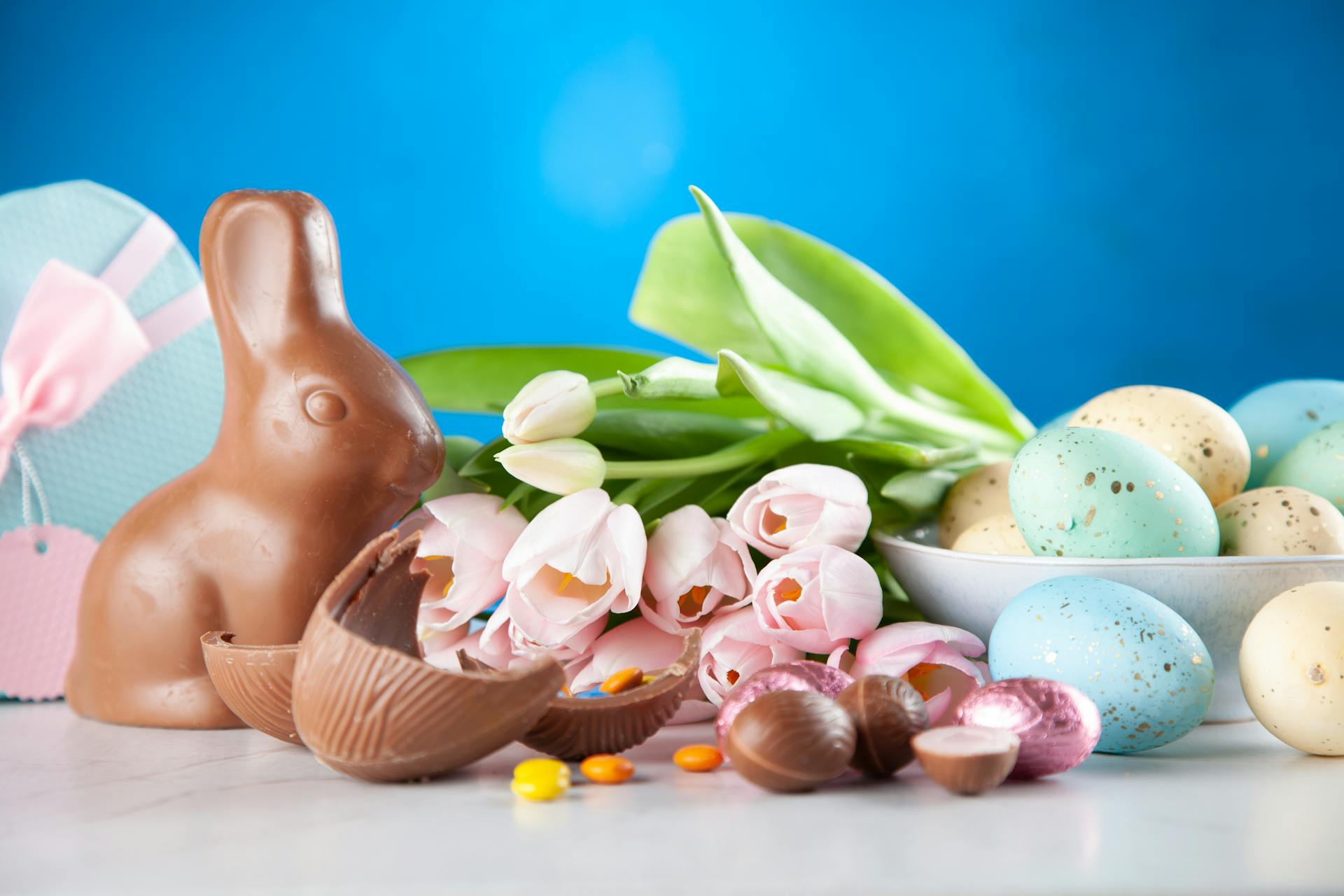
If you're anything like us, then the thought of composting has likely crossed your mind. After all, what better way is there to reduce your carbon footprint and help out Mother Nature? But did you know that egg cartons are among the items that can be composted? That's right - with a little bit of elbow grease and some knowledge about basic composting principles, it's possible to put egg cartons in the mix.
Egg cartons are made from entirely biodegradable materials such as cardboard or paperboard, so they're perfectly safe to throw into any pile of other waste destined for a good compost. Still, there are a few steps involved in making sure everything turns out alright without turning your backyard into an unlovely mess:
1. Break up any large pieces into smaller ones if needed – bigger pieces will take longer to decompose than small ones so keeping them smaller makes more sense environmentally.
2. Make sure to give everything time - while egg cartons do manage to decompose within 8-10 weeks with regular added water and air circulation (key ingredients), they'll take longer if placed next to non-compostable materials like plastic bags which prevent air flow necessary for dirt microorganisms who thrive on decaying organic matter through their little tunnels where oxygen is present in plentiful supply.
3. Add some greens and browns – be mindful that adding too many “browns” (dry leaves or straw) without enough “greens” (fresh grass clippings or veggie scraps) can lead to unpleasant odours or slimy messes due a lack of nitrogen necessary for proper balance between those two components required by most living organisms growing happily amidst piles of such material down below us!
Even taking into account all these considerations though, it's still definitely possible (and easy!) with just these few bits of advice given here today…to make the idea seem much less daunting than before!
Is it possible to compost eggshells?
Yes, it is possible to compost eggshells! While you should be wary of adding raw eggshells to your compost heap as they may attract pests such as rodents and birds when decomposing, it is definitely possible (and even beneficial!) to add them once they have been dried out.
Eggshells are composed of a high amount of calcium carbonate which helps reduce soil acidity and provide essential nutrients for the plants in your garden. They can often break down slowly so adding some kind of accelerant such as food scraps or coffee grounds can help speed up the decompostion process. Crushing or grinding them before adding them also helps hasten their decomposition.
As a great alternative, you can use crushed eggshells in propagation trays or around container plants for vital micronutrients, which is especially helpful if the soil pH is too acidic, has been depleted over time from too much fertilizer, or if you are bottling homegrown produce for storage. These micronutrients help with improving drainage and aeration of the soil by allowing water to move more freely through it while providing valuable nutrition to your growing plants.
Plus, crushed eggshells act as an all-natural pest deterrent because many animals do not like going near eggs that have been recently laid! Therefore using them around container plants will act both as mulch against weeds while helping deter unwanted visitors from eating away at those precious seedlings!
Overall - If used correctly and safely - eggshell composting is a great way to use up something that would otherwise just be thrown away while simultaneously benefiting your garden's condition and growth!
A fresh viewpoint: How to Use Just Egg in Baking?
Are egg boxes recyclable?
The answer is a resounding YES! Egg boxes, which are typically made of cardboard, are indeed recyclable in most areas. Not only can you recycle the actual egg box, but the plastic or foam container used to store the eggs inside the box is generally recyclable as well.
Cardboard egg boxes are one of those convenient one-stop packaging solutions that make our lives easier since they provide both protection and convenience. Many cities have specific requirements on what type of recycling items need to be broken down into smaller pieces before being recycled; fortunately, egg boxes fall into an exemption category and therefore can be put directly in your single-stream bin without breaking them down at all. It’s a bonus that their small size helps keep them from taking up too much room in your bin or truck!
Egg cartons also provide great reuse opportunities: they’re perfect for shop displays in retail establishments; they work great as art supplies like paint palettes or terrariums; and with a bit of imagination you can even turn them into something fun like an advent calendar. So if you offer any of these services professionally or plan to craft for fun, there’s no need to worry about where to get enough cartons – just buy some local farm fresh eggs!
In short, not only are egg boxes completely recyclable but their usefulness doesn't end with consumption – it stretches way beyond that by providing numerous creative reuse opportunities for us all.
For more insights, see: How Much Just Egg for One Egg?
Are paper egg cartons biodegradable?
The answer to the question “Are paper egg cartons biodegradable?” is, it depends. Generally speaking, most paper egg cartons made from cardboard are biodegradable; just not as quickly as some other materials you find in packaging today. Paper egg cartons typically contain a variety of additives that can extend the life of the product significantly. These additives are designed to make the packaging waterproof, reduce any potential contamination of eggs, and add rigidity so that eggs remain intact during transport. Yet depending on what type and amount of additives were used in a particular type of egg carton, this could slow down or speed up composting time compared to one without such ingredients. Also consider whether or not something like tape was used to secure either side flaps together as this will also prevent decomposition from occurring so quickly than if left alone with no additional materials being added on top.
At Cascades Recovery+, we provide sustainable packaging solutions for our customers for these types of products – including 100% recycled fiber egg cartons that contain less plastic content and have proven to degrade in rates up to five times faster than traditional polystyrene counterparts. Through our recycling programs and comprehensive waste management solutions, we strive to create a circular economy where businesses can ensure their products don’t end up filling landfills but instead are given new life through reuse opportunities or being transformed into items they never thought possible – like insulation!
Additional reading: Can Just Egg Be Used in Baking?
Are egg cartons made of plastic compostable?
Egg cartons are a fairly common household item and they come in many different materials – but are egg cartons made of plastic compostable? The answer is yes and no.
The majority of egg cartons made these days are composed of either recycled paperboard, or styrofoam, both of which can be composted. However, there are some different types of plastic that egg cartons can be made from, including polystyrene and PET plastics. These types cannot go into regular compost bins due to the fact that they do not biodegrade within the necessary timeframe for typical composting conditions. However, with specific equipment and higher temperatures than normal home composting allows for, these types of plastic can eventually break down – but it’s still not recommended to add them to your backyard bin.
It's important to note that if you have an egg carton made out of plastic that you're not able to reuse it in any way (such as repurposing it for storage), then recycling is your best bet. It may even be more beneficial than tossing it in the trash - so make sure you check with your local recycling program first!
When it comes down to the question “Are egg cartons made out of plastic compostable?” then unfortunately the answer isn’t black or white; however by doing some research into what type material your own eggs come packaged in as well as checking with your local recycling center or municipality may help provide further insight into what options you have available regarding its eventual disposal.
Recommended read: Buy Large Plastic Easter Eggs
Do egg cartons break down in a compost heap?
Egg cartons are one of those materials that can be a bit of a tricky question when it comes to composting. The fact is, yes, egg cartons can break down in a compost heap quite nicely if the conditions are just right.
When composting, you’re aiming to create an environment where organic matter can decompose and turn into nutrient-rich soil which gardening enthusiasts call “humus”. The best way to ensure that your egg carton will break down quickly and efficiently is by laying it flat or breaking it up into smaller pieces before adding it. Adding some water at this stage could also help the process along as well as mixing in dry materials like leaves or sawdust which act as carbon sources while aiding with air circulation around the material.
You’ll also want to make sure there’s a steady mix of green and brown materials being broken down at once which means making sure there's plenty of nitrogen-rich kitchen scraps mixed in along with things like wood chips, straw and paper products like newspaper which provide additional carbon for bacterial organisms living within the pile.
Another key factor you need to consider when attempting composting with egg cartons is temperature since bacteria need warmth in order for them to do their job efficiently; temperatures between 40°C - 60°C (104°F - 140°F) should create optimal conditions for your compositing efforts. You may choose to use an insulated bin if things are too cold during winter months familiarizing yourself with proper aeration techniques such as inverting or turning your pile regularly will all help speed up decomposition significantly – another important factor when dealing with tougher material like Egg Cartons!
In short – yes, egg cartons can break down but only given optimal conditions; Doing so requires monitoring levels of moisture, temperature and ensuring adequate airflow within the rest of your compost heap. Good luck!
Are cardboard egg cartons compostable?
If you're an advocate of reducing your waste, there's no doubt that investing in reusable items like egg boxes is a great way to be more sustainable. However, for those times when cardboard egg cartons are the only option available, it's good to know that these food containers can actually still find their place in the compost pile.
Cardboard egg cartons are made from board paper - or paper that's been thicker than other types - and is glued together with resins and wax. These materials break down fairly quickly when exposed to moisture and heat making them a great option for adding to your compost heap. Once fully broken down they add valuable nutrients such as nitrogen back into the soil which helps improve water retention and has numerous other environmental benefits.
Each box will likely take anywhere between six weeks up to three months depending on several factors including how often you turn over your compost heap (which helps speed up decomposition), what size pieces of egg carton have gone in and if they have been sufficiently broken down first (this also aids with breaking them down quicker).
To ensure the fastest breakdown possible, it’s best practice to tear your used cardboard egg carton into small pieces before putting it into your composter – this makes sure there’s less material for bacteria and fungi in the pile to break apart so results can be seen sooner. Another useful tip can be lining any large holes at the bottom of an open-air composter with scrunched up sections of tissue paper or newspaper which stops larger chunks from falling out faster than they should.
With all this being said, yes! Cardboard Egg Cartons are considered compostable so long as you choose good quality material that has plenty of exposure toward oxygenation!
Featured Images: pexels.com


